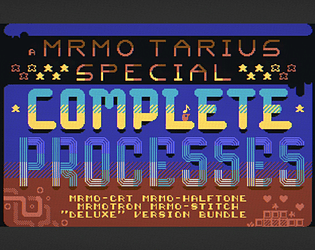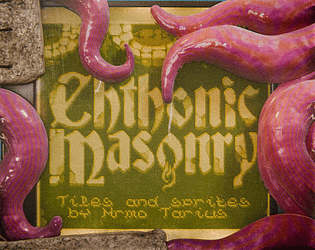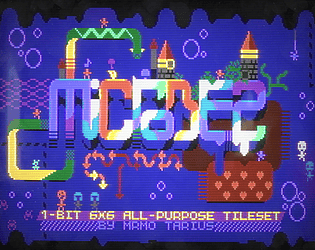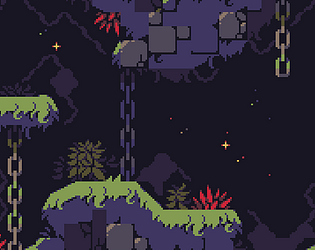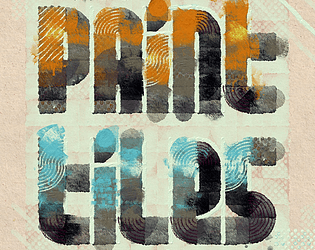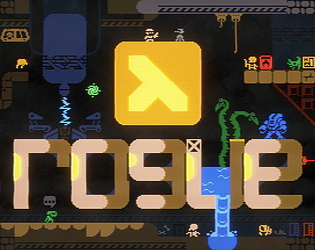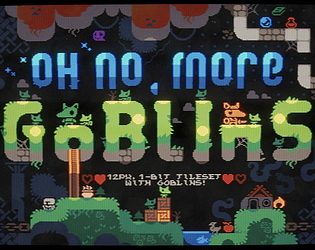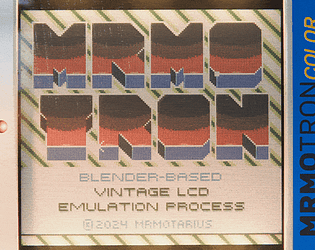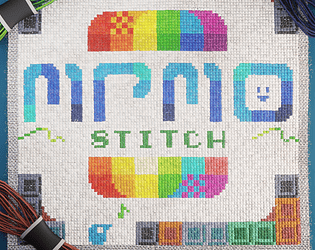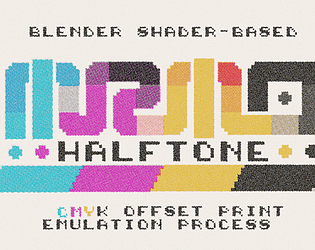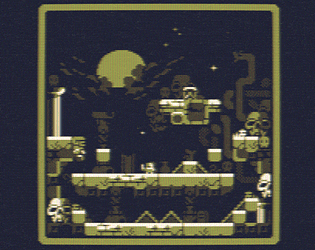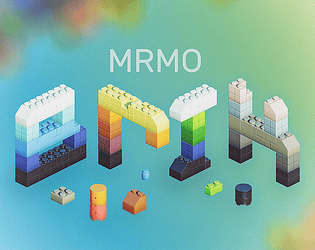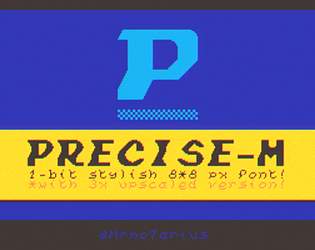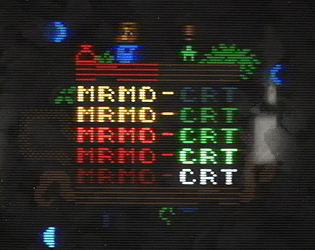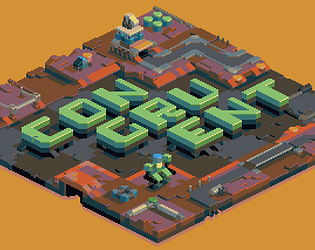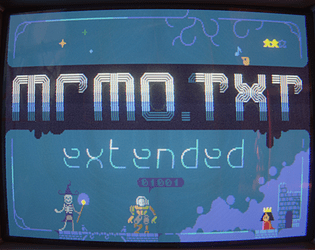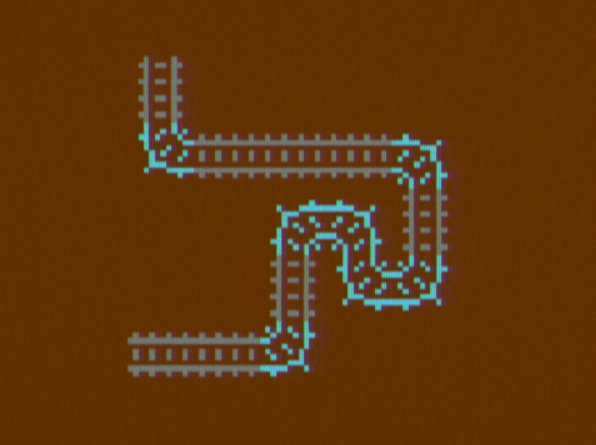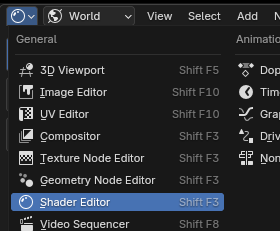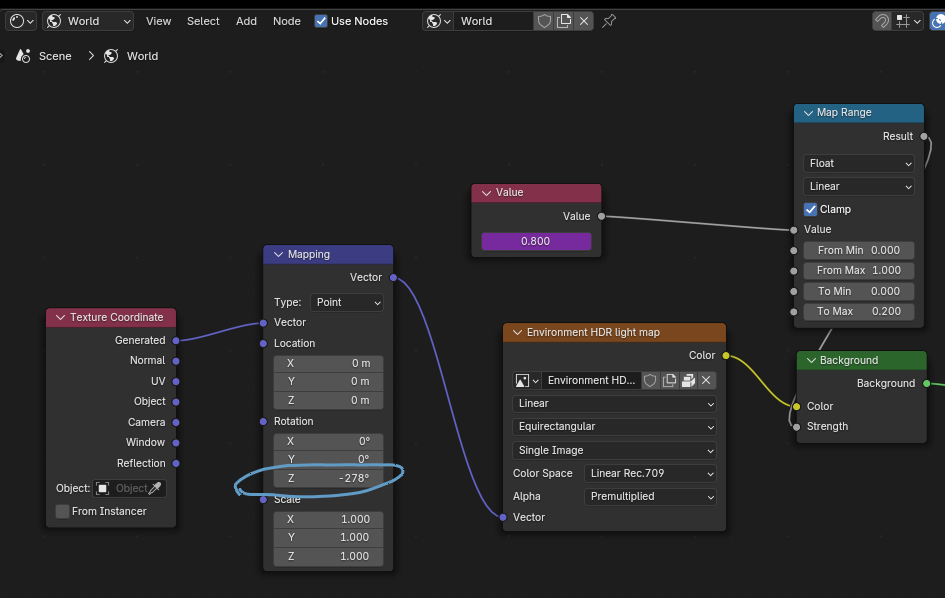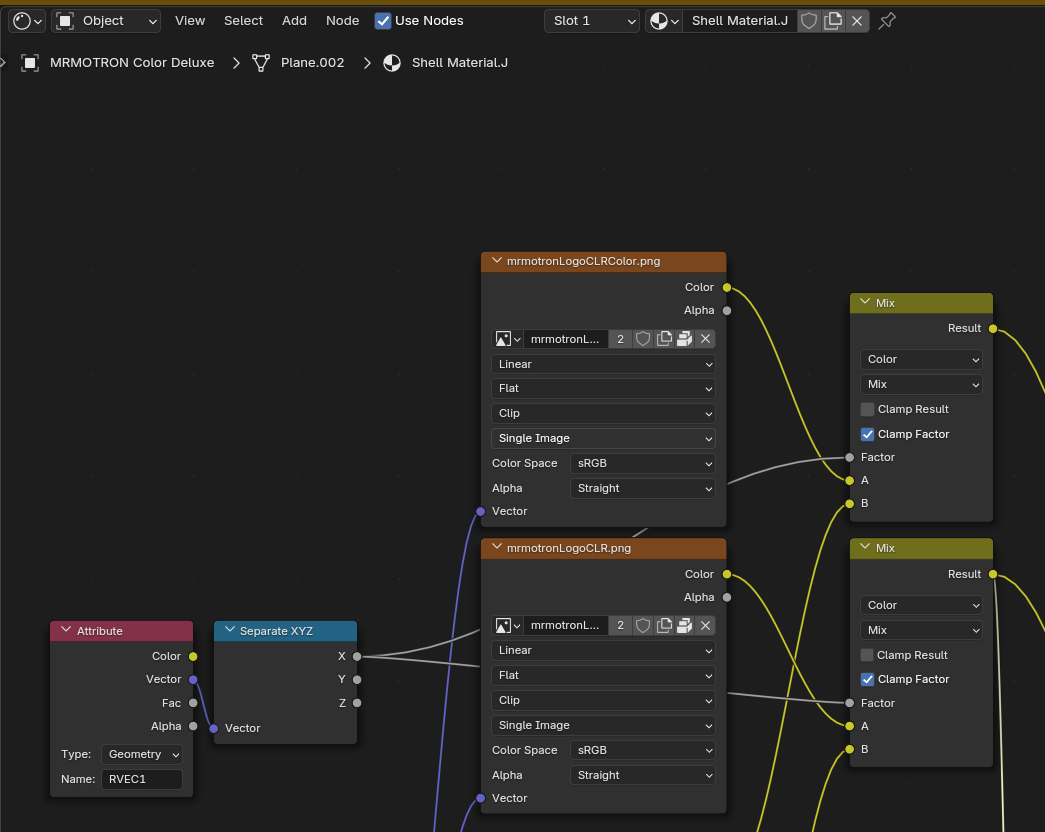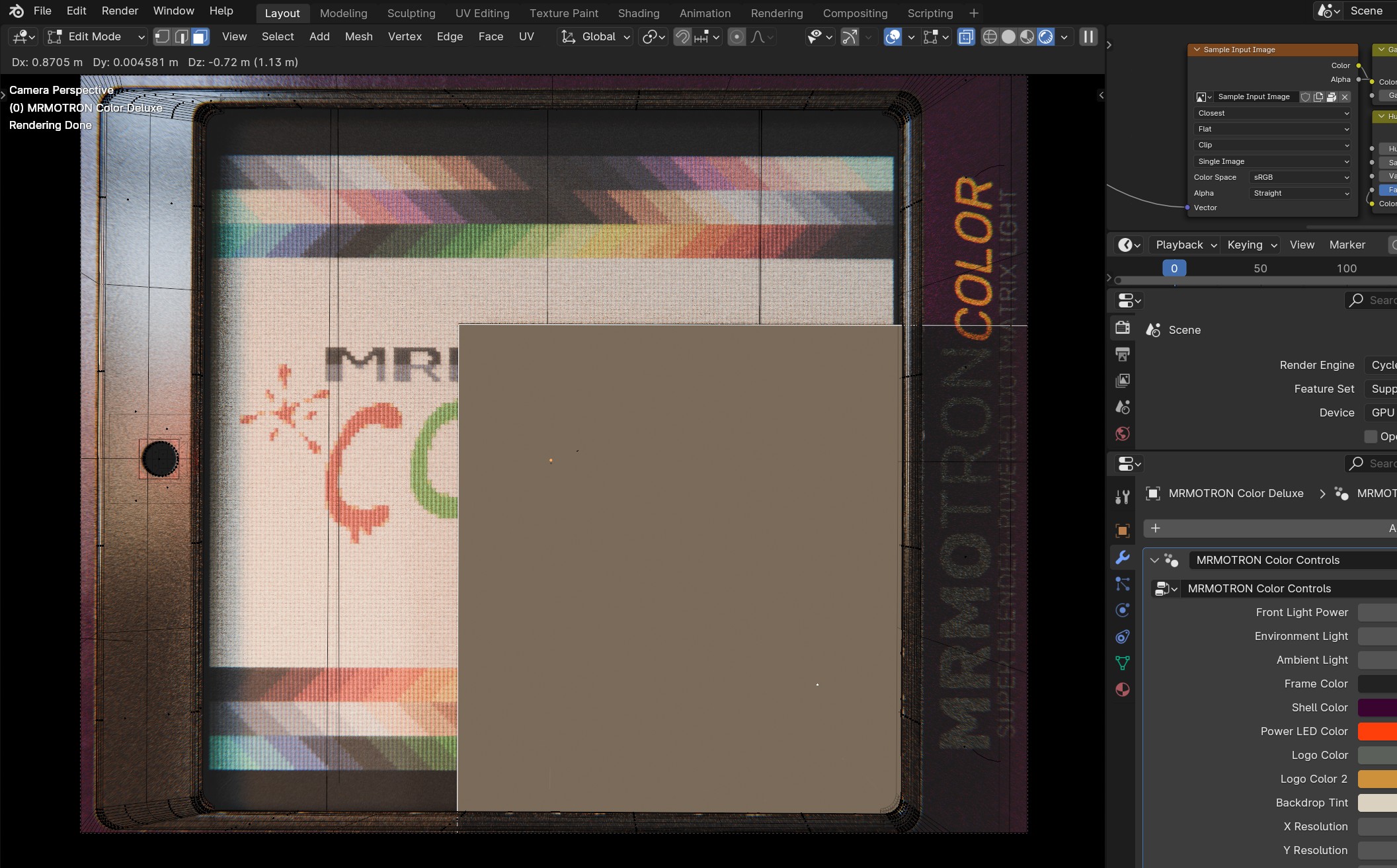Thank you very much Adel!
Mrmo Tarius
Creator of
Recent community posts
Of course!
I thought it'd be useful to split the tiles into "shapes" and "specialized" stuff, like I did with MRMOTEXT, as it helps me construct scenes faster. As for the palette, I made it with the help of Dawnbringer's specialized palette analyzer for Grafx2, so it should (in theory) cover a large part of the RGB color space while having mutually distinct colors with the main focus on the primaries (plus magenta and some "nougat" tones).
Hey! Textmode is kind of niche but when done "properly" can both look very nice and be rather easy to work with. The way I see it, as I'm not aware of an actual textmode-compatible game engine editor existing, there's two options to implement textmode assets in a game:
-Either create a custom system or editor to interpret and manipulate textmode assets, create levels and objects and export the necessary data (which would allow for more creative freedom and ease of use, at the cost of having to make the editor "engine" yourself), or
-Improvise! I used LDtk with custom, pre-made tilesets (basically, copies of the "main" textmode tileset with several different color combinations) to make some nice looking results! It's more limited in the sense of available colors and creative freedom, and the duplicated tilesets can be a bit cumbersome to navigate, but allows the use of a really good, easy to use game-focused tile-based editor :)
Also, I'd definitely research the game-making aspect of Playscii, as it's intended to be a python-based game development tool. I'm certain it can export useful game data in at least *some* way, but it's always been outside of my scope of expertise so I can't provide much useful info on that.
Hey! Thanks a lot for supporting me, and I hope you have fun making stuff with the processes!
TriCRTops should actually work with Cycles, I used to use some Eevee-specific nodes but they should all have been replaced, and I left the process as "Eevee-only" basically just because I hadn't tested it properly. Just disable the "From Instancer" option in the UV Map and it should work!
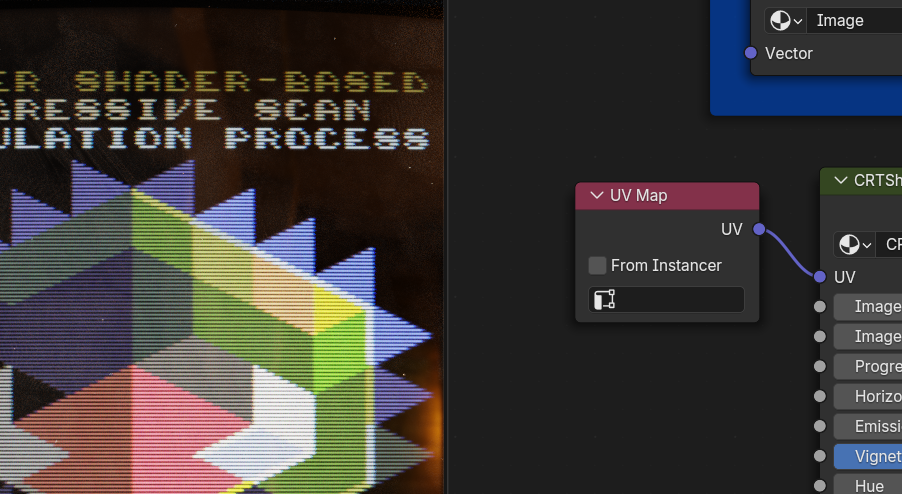
Any updates to any of the included products will also be included into this bundle, and I'm using all of them on Blender 4.3.1. If anything breaks due to the new Blender versions, I'll try and fix it as soon as I can.
*edit* oh also, all of the processes have free versions so feel free to test those!
The "shell" material is set up to receive two separate colors from the main geometry nodes "control panel"- logo color 1 and 2- and uses two textures to determine where those colors get mixed on the shell, as well as to raise the "print" level via bumpmapping so that it reflects the lights appropriately.
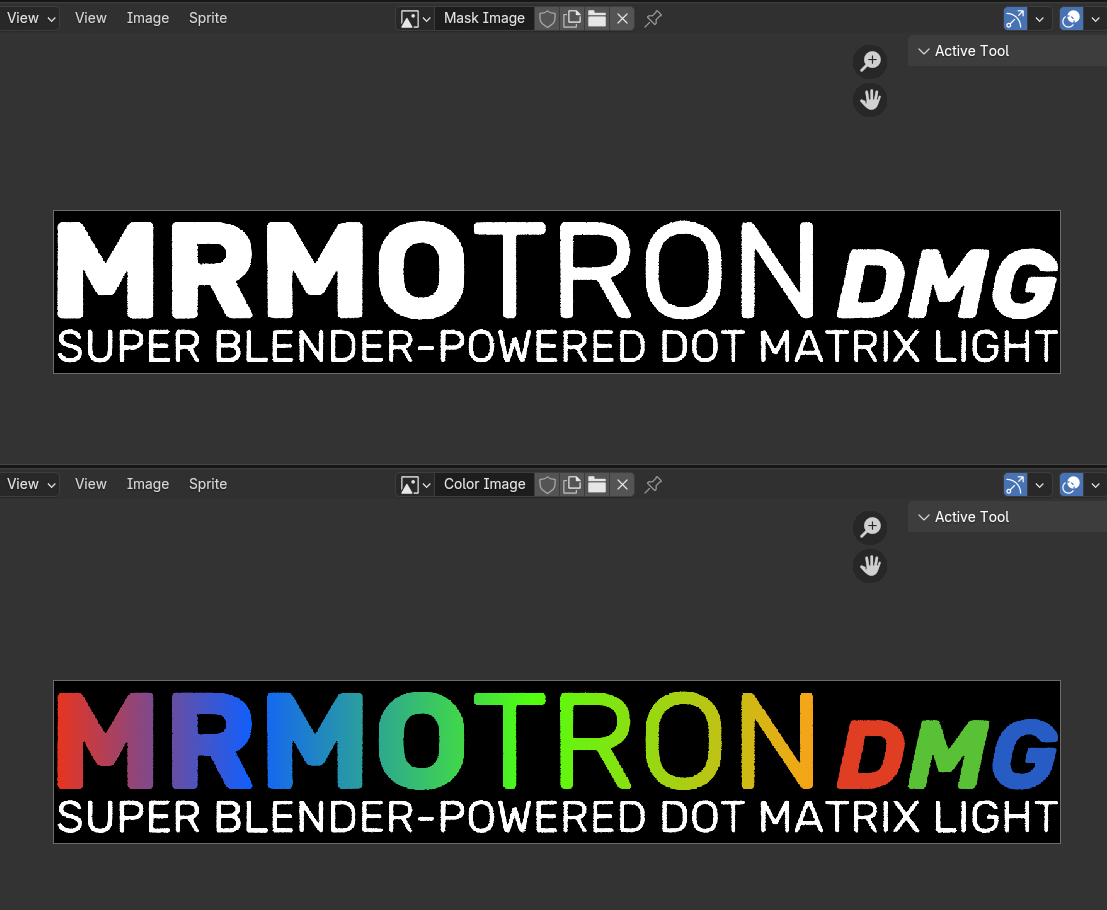
In order to use a full color image logo "print", you'd need to switch the two textures and edit the shader node connections. Basically, you need a black-and-white image of the logo to use as a "mask" and a full-color image to determine the colors, and then link the output from the first "mix" node like so, that it replaces the color attributes coming from geometry nodes:
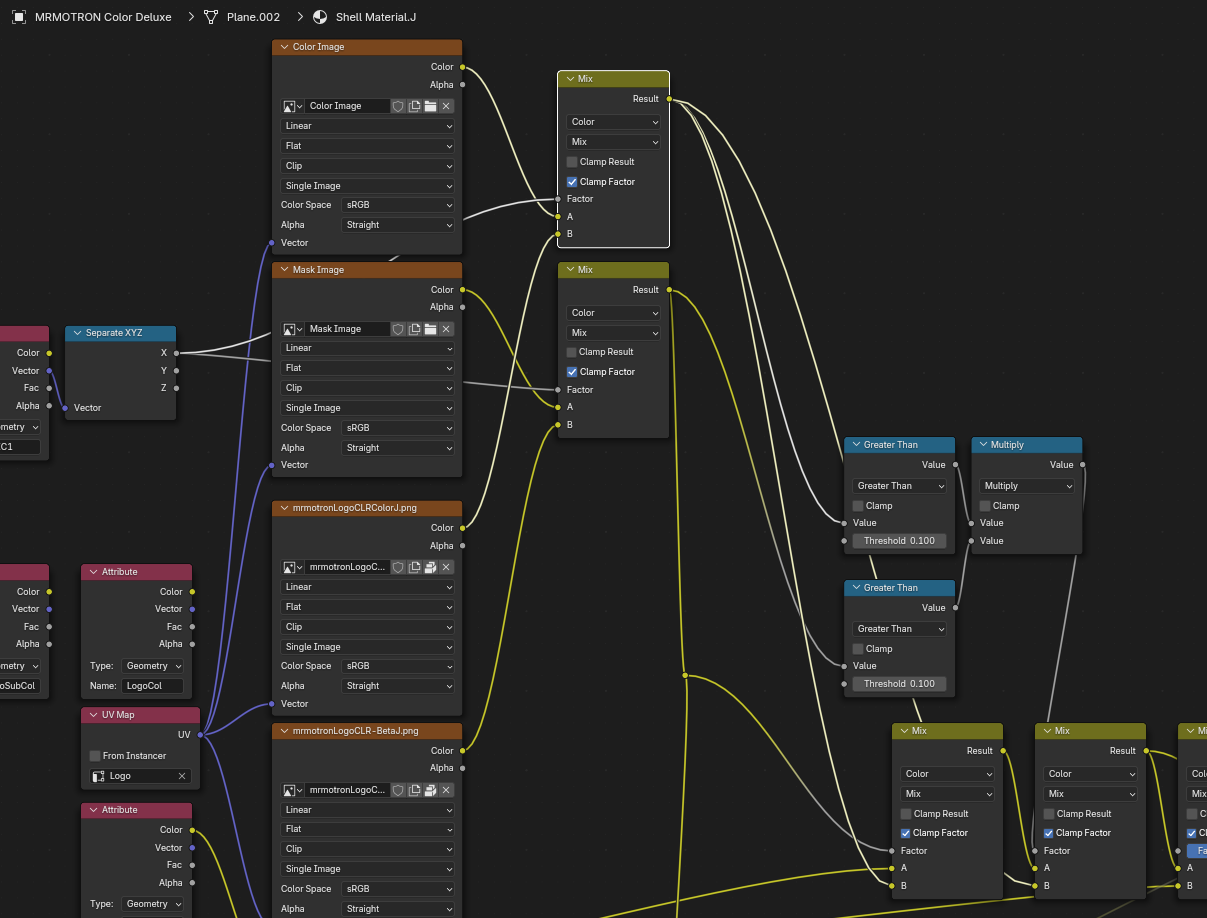
Hopefully, this will give you the desired result!
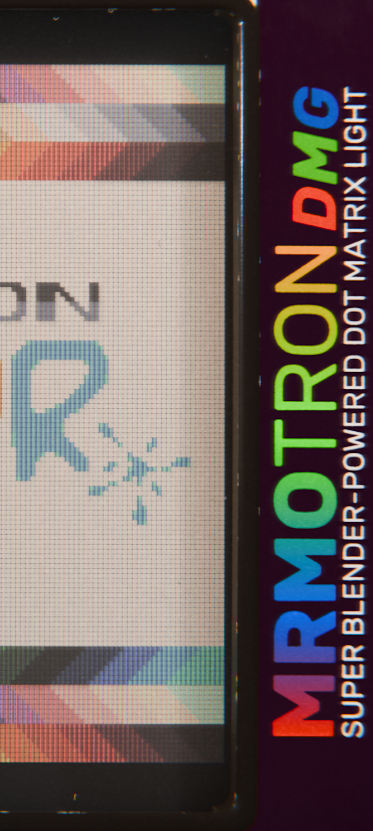
Hey! If anyone used it in that way, they hadn't shown me :D
The process was intended for non-interactive use since it's entirely Blender-based, but there can be ways of incorporating it into something more interactive, if nothing else then by pre-rendering stuff as animations and using those as textures in Unity or something like that :)
Hey! Thanks a bunch for purchasing the tileset, please go ahead and share it with your team, I'd really like to see the results when you have made something with it!
I did some "colorizing" with a previous tileset, by doing basically what you described- I opened the set in Aseprite (which I fully recommend, it's awesome), swapped the colors and just pasted the recolored version into a large "atlas". Just find a palette that works for you, and you can get it done in a relatively short time.
Maybe I should make some color variations and include them with the tileset, too?
Hey! Thanks a lot for purchasing MRMO-STITCH!
The suggested "safe" maximum size of 128x128 pixels can be modified within the geometry nodes, but as the process is based around instancing "real" geometry, it quickly becomes extremely taxing on the hardware, with a 1024x1024 canvas producing over a million stitch objects, taking up roughly 5GB of video RAM with 10 million tris/5 million faces :)
What resolution are you trying to use?
What version of Blender are you using? That's the first thing to come to mind since there have been some compatibility "misalignments" between newer Blender versions as there have been many new things added, especially with geometry nodes :/
The experimental GEO version was made with 4.11 and it might be what breaks compatibility with earlier versions.


